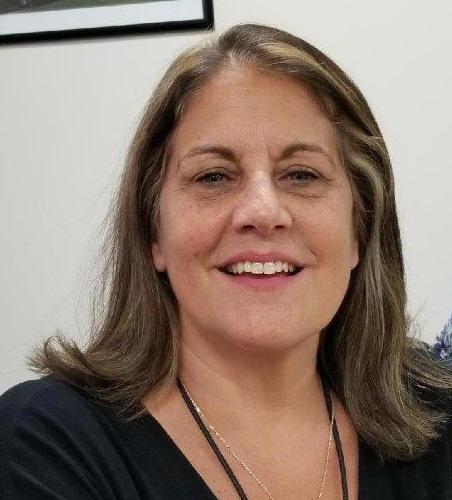
1 minute read
ADULT ABUSE AWARENESS
UNDERSTAND & RECOGNIZE ADULT ABUSE
As mandatory reporters, it is essential for each of us to understand and recognize the signs of adult abuse so we can reduce the prevalanece through our assessment, care planning and provider qualification process. We all play a role in protecting vulnerable adults.
Advertisement
Washington state has a rapidly increasing number of vulnerable adults. In 2019, Adult Protective Services (APS) received more than 70,000 reports of suspected mistreatments. The number of reports reflects a sharp increase from 60,000 reports in 2018 and 48,000 reports in 2017.
Did you know that:
Financial exploitation is the most common form of vulnerable adult mistreatment. According to National
Adult Protective Services Association (NAPSA), 1 out of every 20 seniors has experienced financial exploitation in the recent past. Ninety percent of financial exploitation abusers are a family member or trusted individual to the victim. Talk with your family members, neighbors and loved ones about protecting themselves against financial exploitation. Having plans in place can help reduce the risk of misused funds.
Self-neglect is the second most common form of vulnerable adult mistreatment. In 2019, APS received 12,139 reports of self-neglect. Self-neglect is general term used to describe a vulnerable adult living in a way that puts his or her health, safety, or well-being at risk. Signs include poor hygiene, inadequate clothing, not enough food, water or heat, and hoarding. By working together, we can help protect vulnerable adults. Simple things you can do to help protect others include:
Checking in on neighbors, relatives and loved ones. Social isolation is often a contributor to abuse and neglect. Phone calls, letters, visits and use of technology are easy ways to stay connected. Spread the word. Tell others about the signs of vulnerable adult mistreatments and how to report suspected cases. Report. If you feel like something isn’t quite right, submit a report and APS will take care of the rest. As an employee of DSHS, you are a mandatory reporter. APS relies on mandatory reporters to be their eyes and ears. Report online or by phone at 1-877-734-6277 if you believe someone needs help.
Visit the APS website for more information.



